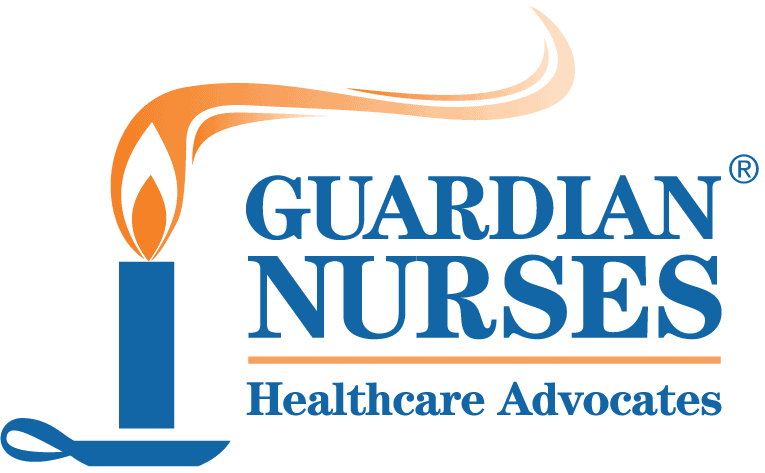Under federal law, healthcare professionals are required to protect patient privacy. Known as the Healthcare Insurance Portability and Accountability Act (HIPAA,) this mandate, among other things, spells out in great detail the do’s and don’t’s that doctors, hospitals, pharmacies, imaging facilities and many other healthcare providers have to follow in order to maintain patient confidentiality.
However, there are no such guidelines for the average healthcare consumer. You can tell the world what your doctor said during an office visit. You can let all your friends know the results of your MRI, EKG or blood test. And, with the proliferation of social media like FaceBook and Twitter, many patients are doing just that. In fact, social media experts say that users first turn to FaceBook for advice on everything from recreation to healthcare before seeking professional advice. While these online communities can be a great source of support and provide instant feedback, sometimes people forget that what they post can remain in cyberspace basically forever. And have unforeseen consequences.
For example, employers routinely scour the Internet for information about prospective candidates. Although discrimination based on gender, race and religion is protected under the law, healthcare status might not be so clear-cut. Yes, the American with Disabilities Act of 1990 protects with people with physical or mental disabilities. But the law itself has been challenged so many times on what constitutes a disability that it has become diluted. The reality is that if an employer reasonably believes that a person cannot fulfill the contractual or other requirements for a job, they are within their rights to pass over the candidate for one who can.
Secure, single purpose online networks are another story. Some hospitals are experimenting with using Internet technology for everything from scheduling appointments to advice. Industry observers have mixed opinions on this trend. Almost everyone believes that technology has a place in healthcare. It’s the concerns about privacy and liability that have to be addressed.
Medicine is as much an art as a science. As someone who helps patients and families navigate the healthcare system, I’ve seen many cases where the initial diagnosis and/or treatment plan seemed correct based on standard medical guidelines, but were later found to be incorrect and had to be course corrected. If doctors put advice in writing for what is happening in a specific moment in time, could it be admissible in litigation years later?
The in perpetuity nature of the Internet continues to be a challenge as new online technology, including social media, emerges. Our suggestion is if you would not feel comfortable putting your healthcare status, question or concern (along with your name) on a highway billboard, think twice about putting it out to your social media networks. It could come back to haunt you.
